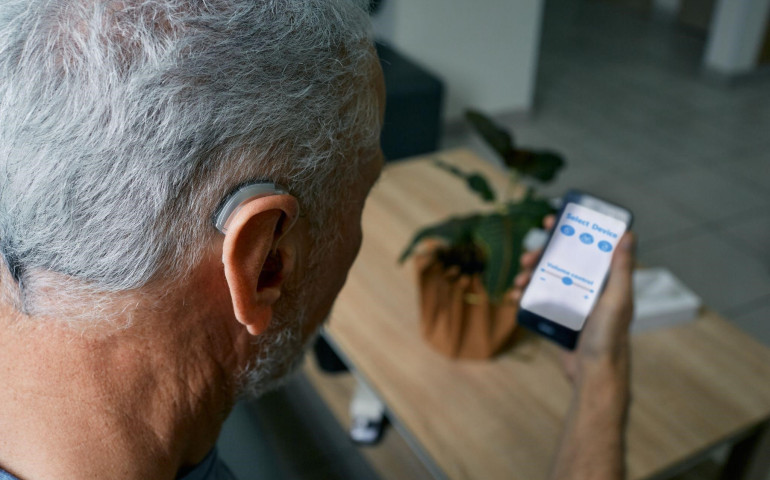Is Having Tinnitus a Sign of Having High Blood Pressure?
Tinnitus is a prevalent condition experienced by millions of people worldwide. It can cause a persistent ringing, buzzing, or humming sound in the ears, which can be extremely frustrating and debilitating. While there are many causes of tinnitus, recent research has suggested a link between tinnitus and high blood pressure. Let's explore the relationship between these two conditions and discuss what you can do to manage your hearing health.
The Link Between Tinnitus and High Blood Pressure
Research has shown a correlation between tinnitus, a persistent ringing in the ears, and high blood pressure, also known as hypertension. When a person has high blood pressure, it can harm the blood vessels in their ears. This can lead to a reduction in their ability to hear.
In addition, some medications used to treat high blood pressure, such as diuretics and beta blockers, have been linked to tinnitus as a potential side effect. This link between high blood pressure and tinnitus is still being studied, but it is important for anyone experiencing tinnitus to have their blood pressure checked by a healthcare professional.
Risk Factors for High Blood Pressure
There are several risk factors for high blood pressure, including age, family history, obesity, stress, and a diet high in sodium. Medical conditions such as diabetes and kidney disease can be a factor that increases hypertension. It is crucial to regularly check your blood pressure and take necessary measures to manage it.
Diagnosing High Blood Pressure and Tinnitus
High blood pressure and tinnitus can be diagnosed by a healthcare professional. A doctor or nurse will typically take your blood pressure using a cuff around your arm to analyze high blood pressure. If your blood pressure consistently increases over time, you may be diagnosed with hypertension.
To diagnose tinnitus, a healthcare specialist will ask about your symptoms and physically examine your ears. A hearing test may also be performed to determine the extent of your tinnitus.
Managing High Blood Pressure and Tinnitus
If you have high blood pressure or tinnitus, you can take steps to manage these conditions. For high blood pressure, lifestyle changes like having a healthy diet, regular exercise, and stress relief can all be beneficial. In addition, medication may be prescribed to help manage hypertension.
For tinnitus, several management techniques may help reduce symptoms. Different methods can be used to address tinnitus, including sound therapy that utilizes white noise to cover up the ringing in your ears and cognitive behavioral therapy that can assist you in managing the emotional effects of tinnitus. Some people also find relief from tinnitus by avoiding loud noises and reducing stress.
Visit Us at Beltone Skoric Hearing Aid Center
While there is a potential link between tinnitus and high blood pressure, more research is needed to understand this relationship fully. If you are experiencing tinnitus, having your blood pressure checked by a healthcare specialist and exploring all possible causes and treatment options is important. By managing these conditions, you can help improve your hearing health and overall well-being. Contact us at Beltone Skoric Hearing Aid Center to get started on your hearing health journey.
Resources:
Mayo Clinic: https://www.mayoclinic.org/diseases-conditions/high-blood-pressure/symptoms-causes/syc-20373410
Centers for Disease Control and Prevention: https://www.cdc.gov/bloodpressure/index.htm






